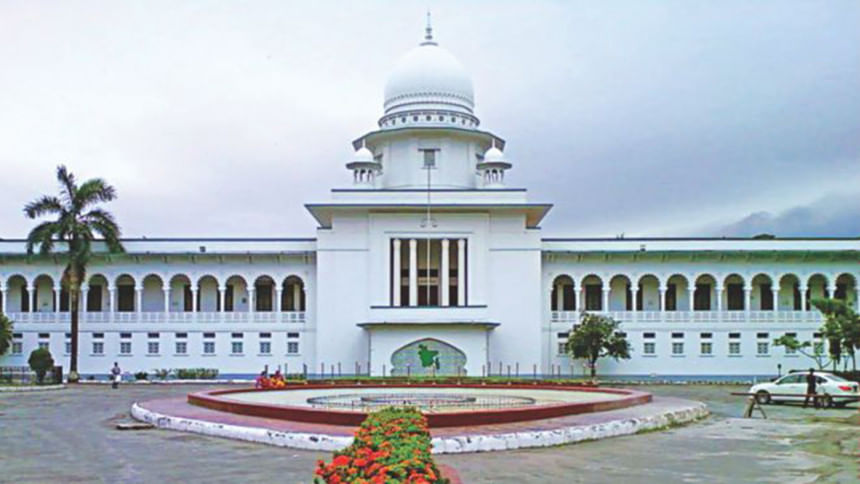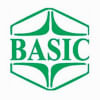HC orders removal within 10 months

The High Court yesterday asked owners of all unauthorised commercial structures to remove their installations from the residential areas of the capital, including Gulshan, Banani and Baridhara, within the next 10 months.
There is, however, a window of opportunity for them, as the court said they could seek permission from Rajdhani Unnayan Kartripakkha (Rajuk) to turn the residential buildings into commercial structures within the period to continue their business operations. In that case they would have to pay relevant fees.
If Rajuk approves their applications, they will continue their business activities.
Otherwise, Rajuk can demolish or remove the unauthorised structures as per law if owners fail to shift them within the given time, Attorney General Mahbubey Alam told The Daily Star after the judgment.
Rajuk issued notices following the deadly terrorist attack at Holey Artisan Bakery in Gulshan, asking owners to relocate the unauthorised establishments that were running businesses in the residential areas in Dhaka, said Alam, who argued on behalf of Rajuk in the court.
No drive should be carried out to demolish the structures, and water and electricity connections and gas supply should not be disconnected within the 10 months' time, according to the court order.
An HC bench of Justice Salma Masud Chowdhury and AKM Zahirul Hoque came up with the order as it disposed of 237 writ petitions that owners of such establishments filed seeking a directive that the government and Rajuk should not evict them without issuing notices and without giving them sufficient time.
Earlier, notices were served to as many as 13,000 business establishments in residential areas under the city corporations across the country.
Owners of several structures filed writ petitions with the HC, challenging the legality of the Rajuk notice.
The HC then permitted them to continue their business operations until December 31 last year and issued separate rules questioning the legality of the Rajuk notice.
Replying to a question, the attorney general said Rajuk while giving its approval should consider whether the environment of the residential area in question would be damaged.
Owners of some of the business outlets in Gulshan and Banani have already received Rajuk's approval.
Under the master plan of Rajuk, some commercial activities are allowed in the residential areas of Gulshan and Banani for their relevant services, said Ahsanul Karim who represented a few petitioners in court.
According to Rajuk, a total of 342 restaurants, 62 residential hotels and guest houses, 16 bars, 56 schools, 3 colleges, 23 universities and 50 hospitals and medical centres have been operating illegally at Gulshan, Banani and Baridhara.sd

 For all latest news, follow The Daily Star's Google News channel.
For all latest news, follow The Daily Star's Google News channel. 








Comments